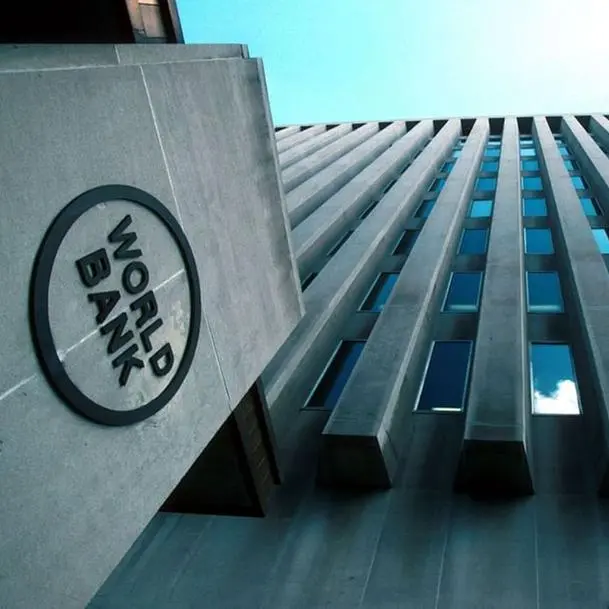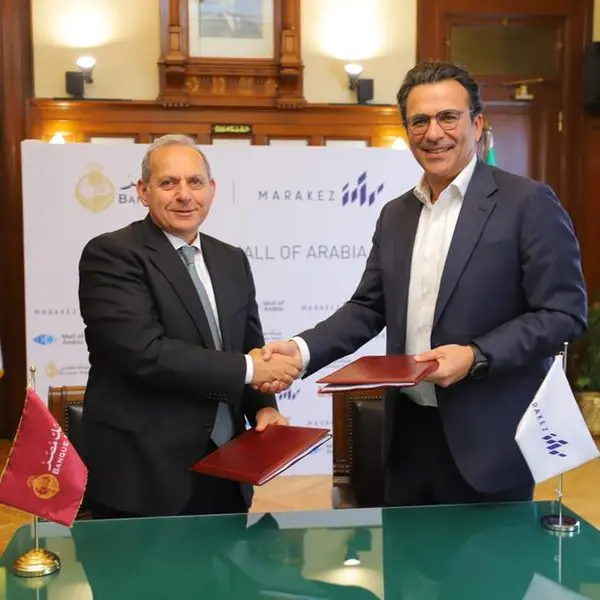PHOTO
U.S. President Joe Biden is expected to unveil major updates on the Lobito Corridor project during his visit to Angola in early December, marking a significant milestone in a regional infrastructure initiative designed to connect Angola, the Democratic Republic of Congo (DRC), and Zambia.
The Lobito Corridor, supported by the US, European partners, and private investors, is a flagship effort under the G7-led Partnership for Global Infrastructure and Investment (PGII). The initiative aims to mobilise $600 billion in infrastructure financing for growth markets by 2027.
In October 2023, a seven-party Memorandum of Understanding (MOU) was signed by the US, Angola, Zambia, the DRC, the EU, the African Development Bank, and the African Finance Corporation (AFC) to accelerate development.
Speaking at a digital briefing on Tuesday, Dr. Frances Brown, Senior Director for African Affairs at the National Security Council, emphasised the corridor’s holistic approach:
“This isn’t just about a railroad or critical minerals. It’s about strengthening communities, improving access to education, facilitating agricultural trade, and enhancing digital connectivity through transparent and competitive procurement processes.”
She said another set of announcements will be about the Millennium Challenge Corporation (MCC) compact signed for Zambia to complement the broader agricultural and rail investments in Lobito.
Helaina R. Matza, Acting Special Coordinator for the PGII, detailed the initiative’s progress, highlighting nearly $5 billion mobilised by the U.S. Development Finance Corporation (DFC) and partners over the past 18 months. The key milestones include:
- The ongoing refurbishment of 1,300 kilometres (km) of Benguela rail line from the Port of Lobito in Angola to the DRC, supported by a $550 million DFC loan. In July 2023, the Lobito Atlantic Railway (LAR), a joint venture between Trafigura, Mota-Engil, and Vecturis, secured a 30-year concession to operate the line.
- African Finance Corporation (AFC), as anchor partner, signed concession agreements with Angola and Zambia and completed a feasibility study for the greenfield Zambia-Lobito railway this year. The new 800-kilometer greenfield railway, which will extend the Benguela line from Angola into Zambia, is scheduled to break ground in early 2026. In September 2024, the U.S. Trade and Development Agency gave a $2 million grant for an Environmental and Social Impact Assessment of the project.
- $2.5 billion in investments for solar power, microgrids, and desalination projects.
- Expansion of 5G networks, mobile money platforms, and agribusiness supply chains, with a focus on smallholder farmers.
Matza highlighted the Lobito Corridor as a model for public-private partnerships (PPP) that prioritises the needs of African countries while leveraging concessional financing and private collaboration to fast-track progress.
“The two rail lines will ultimately bring down the transit time that we’re seeing across those three countries from 45 days to a fraction of that time, to less than a week. What that can do for agribusiness I think is absolutely astronomical,” she noted.
According to Matza, the project is envisioned as a cornerstone of a broader network of interconnected African infrastructure projects. It aims to connect with other initiatives like the Central Corridor, reducing trade costs, strengthening supply chains, and advancing the African Union’s Agenda 2063 for economic integration.
“The PPP model demonstrated here can be replicated to bring private partners to the table more quickly,” Matza noted, adding that future phases will explore connections to the Indian Ocean and other African trade hubs.
(Editing by Anoop Menon) (anoop.menon@lseg.com)
Subscribe to our Projects' PULSE newsletter that brings you trustworthy news, updates and insights on project activities, developments, and partnerships across sectors in the Middle East and Africa.





















